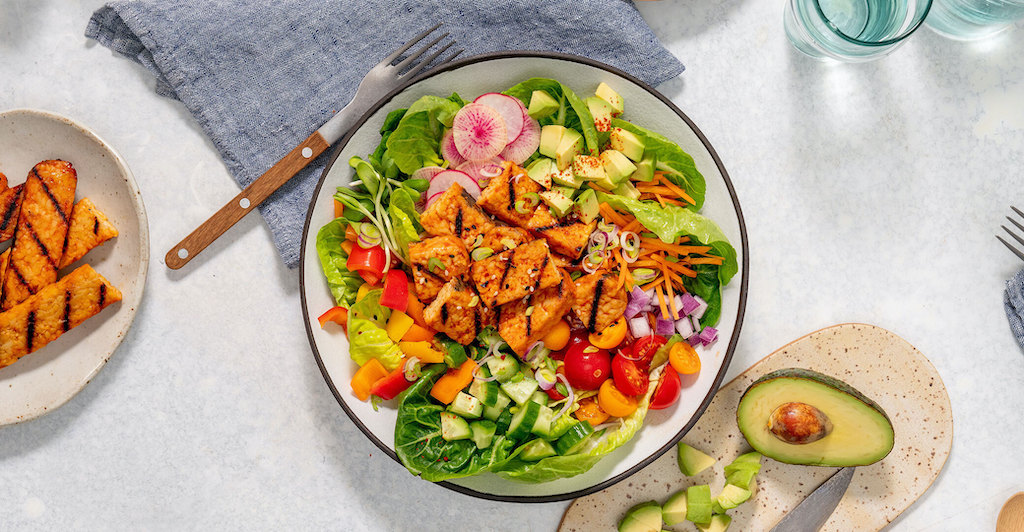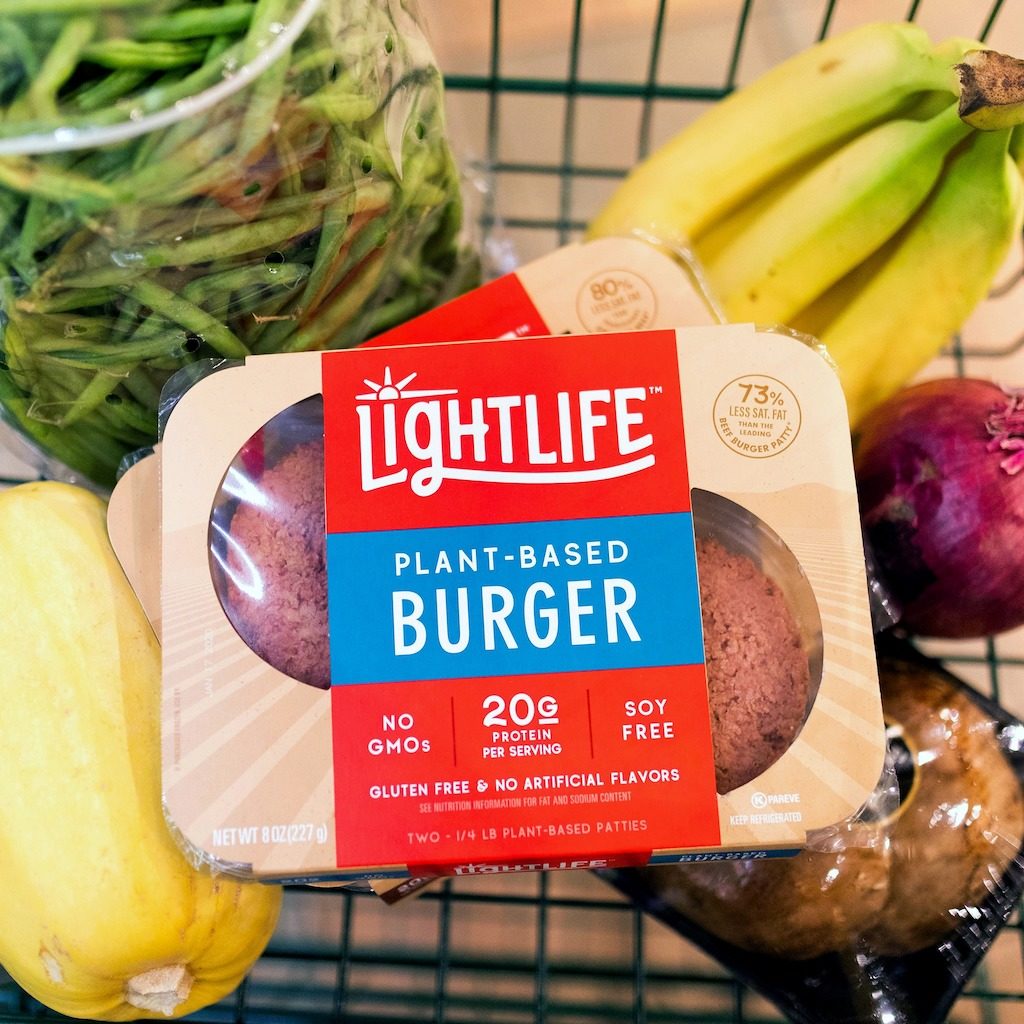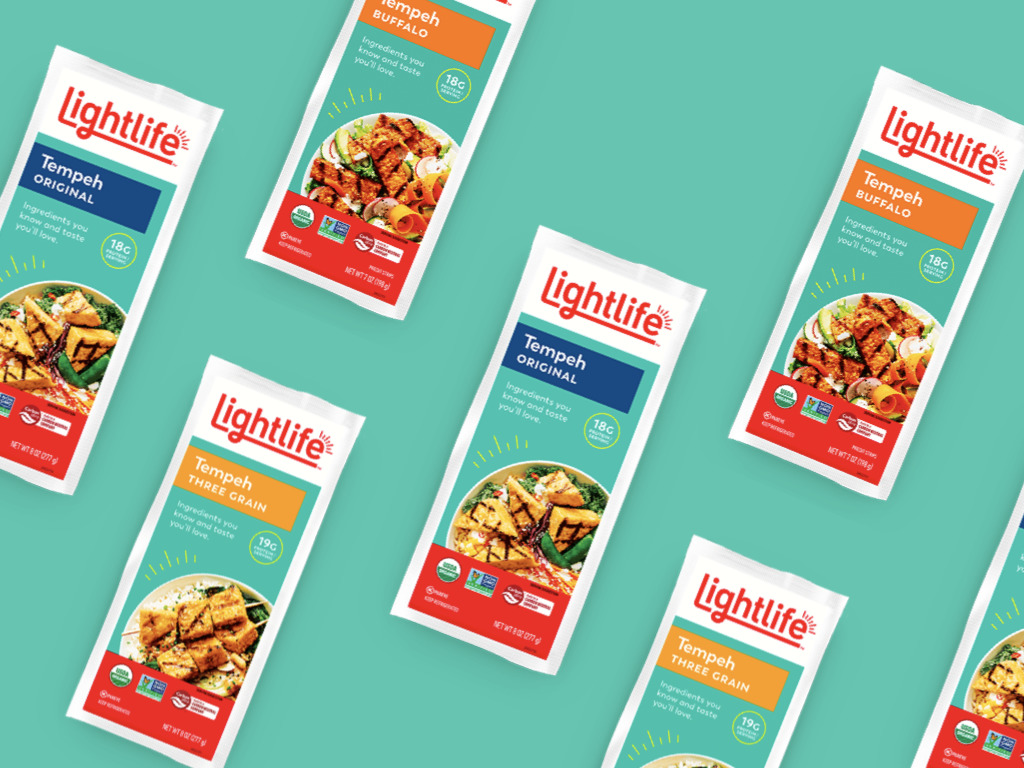3 Mins Read
Maple Leaf Foods, the Canadian consumer packaged meats corporation, has revealed that it is now “advancing plans” to dramatically increase its plant protein production to meet surging demand. Under the plan, its plant-based subsidiary Greenleaf Foods will acquire and build a new food processing plant in Indiana in the U.S. to manufacture tempeh sold under its Lightlife brand.
Expected to close in late April this year, the deal will see Maple Leaf Foods-owned Greenleaf Foods acquire a 118,000 square foot plant in the U.S. city of Indianapolis to ramp up production of tempeh sold under Lightlife, its legacy plant-based brand. Initial production of the plant is expected to begin in the first half of 2022, with a capacity of 4.5 million kilograms and manned by a 115-strong workforce.
Founded in 1979, Lightlife is known as a pioneering plant-based brand that introduced tempeh to the mainstream North American market, and has since expanded its range to include plant-based burgers, sausages, bacon, chicken and deli alternatives.
By leveraging the opportunity to acquire an existing facility in Indianapolis to fast-track tempeh production, the Company will be able to meet near term, growing demand for tempeh.
Maple Leaf Foods
The company, which was formerly owned by Conagra before being acquired by Maple Leaf Foods, caused a stir last year within the plant-based industry with its “Clean Break” campaign pitted against its startup rivals Beyond Meat and Impossible Foods.
Nevertheless, sales of its plant-based products and tempeh have skyrocketed in the past year in the wake of the coronavirus pandemic, which sent consumers in search for healthier and more sustainable alternatives amidst the disrupted meat supply chain.

“By leveraging the opportunity to acquire an existing facility in Indianapolis to fast-track tempeh production, the Company will be able to meet near term, growing demand for tempeh,” said Maple Leaf Foods in the announcement.
Building additional capacity for tempeh products aligns with the Company’s goal of maintaining its market leadership position in this category.
Maple Leaf Foods
Investing in an entirely dedicated factory for its plant protein production is a signal of the long-term consumer shift that food industry giants like Maple Leaf Foods are betting on, with recent data confirming the likelihood that first-time buyers of vegan products will keep doing so even when the crisis is over.
The Canadian CPG behemoth continued that “if demand for tempeh continues as expected”, it will launch its part-two phase of building up the factory, which could potentially see the firm double its capacity in the future.

“Building additional capacity for tempeh products aligns with the Company’s goal of maintaining its market leadership position in this category and is consistent with its strategy to build capacity in support of the high-growth plant protein business.”
As the plant-based protein trend continues its upward trajectory, the manufacturing-side of the supply chain is poised to scale this year. A wave of factory openings and construction plans were already being announced towards the end of last year, including Plant & Bean’s ambitions to open multiple co-packing plant protein sites around the world, while Eat Just, Raglan and Proform were among some of the brands ramping up their production capacity with brand new plants.
“Demand without supply doesn’t work,” says the latest Green Queen alternative protein industry predictions report for 2021, citing the few co-packing and private label manufacturers there are to meet the fast-growing demand. “So we’re predicting a boom in B2B vegan food production facilities across all geographies.”
All images courtesy of Lightlife, lead image designed by Green Queen Media.




